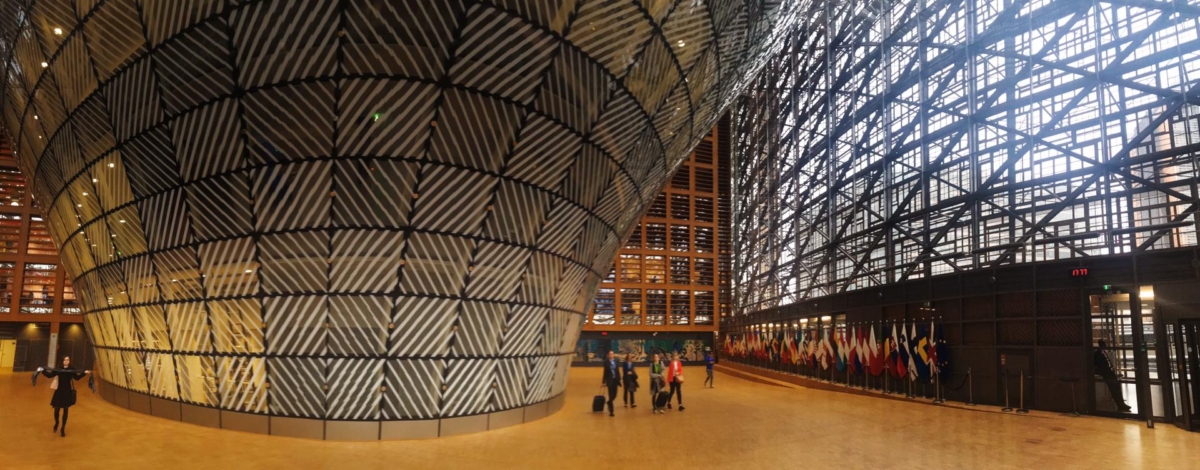The Eurogroup agreed on a number of steps to increase its transparency, but the news was quietly published on the website and passed largely unnoticed. Transparency International EU welcomes the reform steps agreed by the Eurogroup on 20 September, and published last week.
We welcome the tentative improvements agreed by the Eurogroup, implementing some of the recommendations we issued to the Eurogroup in our February 2019 study “Vanishing Act: The Eurogroup’s Accountability”.
“This is a recognition that the Eurogroup has to do better. But with its governance structure handing everyone a veto, there is no functioning accountability that could pressure finance ministers to act. This will continue to be a major design flaw hampering broader Eurozone reform” said Leo Hoffmann-Axthelm, who coordinates the Eurozone work at Transparency International.
The main obstacle to pinning down what the Eurogroup is and what it does lies in its informal nature. Legally speaking it has no decision-making powers, and yet powerful finance ministers spend hours and sometimes entire nights in its meetings, coming to far-reaching decisions. There is a gap between EU-level decisions and fragmented accountability at the national level.
In its report, Transparency International EU recommended largescale reform. Following its publication, Eurogroup President Mário Centeno put our recommendations on the agenda of the Eurozone’s finance ministers, who need unanimity to agree any changes.
After lengthy discussions, here are the steps the Eurogroup was able to agree to in the 2019 update of their transparency policy from 2016:
- A register of documents with search and filtering functionality – previously, documents were, if at all, only available by browsing all meeting calendars of years past.
- Clarification of how to access documents from other institutions – as the Eurogroup does not exist and cannot therefore hold any documents.
- Publication of the meeting calendar of its main preparatory body, the Eurogroup Working Group (EWG). Unfortunately, the agenda of these meetings will not be shared, making it difficult to follow the Eurogroup’s work before final decisions are reached behind closed doors.
- Expansion of the Eurogroup’s summing up letters – we asked for minutes of the meetings, but we are told the summing up letters will in future allow conclusions about the rough number of countries expressing one opinion or the other.
- Better information on the Eurogroup and EWG webpages, and a commitment to an ongoing review of the transparency policy.
While our report analysed the Eurogroup, its lack of transparency and patchy accountability in detail, we are far from the only ones who have come out in favour of a more democratic governance body for the Eurozone. Economic affairs Commissioner Pierre Moscovici famously called the Eurogroup a “pale imitation of a democratic body”, and the European Ombudsman as well as numerous civil society groups have asked it to open up on multiple occasions, including in a May 2019 letter to Eurogroup President Mario Centeno.
While the steps announced last week are welcome, the Eurogroup remains a long way from ensuring basic democratic accountability. More information can be found in the executive summary of the Eurogroup study.
Our Eurogroup recommendations in full:






